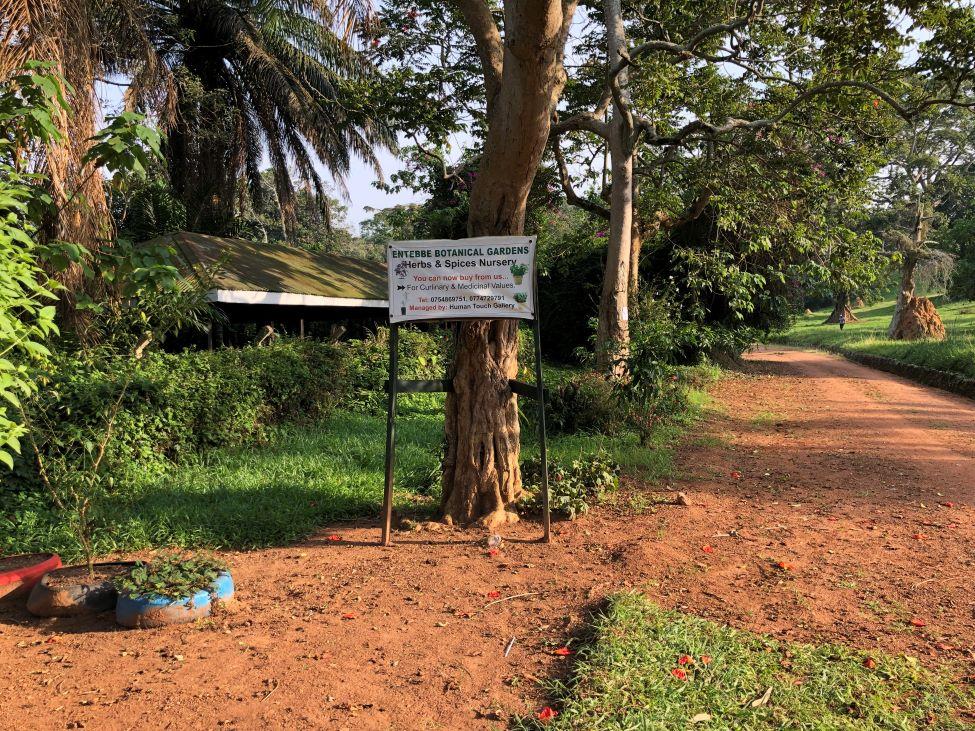Traditional Medicine in Transition: the Role of Museums as Agents of Change
Background
During the Covid 19-pandemic, the inadequacy of public medical care in Uganda worsened, with serious consequences especially for women and children. This led to an increased interest in traditional, mainly herbal medicine, both, among the public and politics. The WHO generally encourages African member-states to promote traditional medicine (TM) practices and integrate them into their health systems. However, TM in Uganda is confronted with a loss of its natural, cultural and intellectual resources. Not only plants - but especially forests also - are threatened; and the knowledge of TM application is about to lose. This must be addressed if TM is to be ensured as part of future primary health care, source of innovation, and socially and environmentally stabilizing cultural heritage.
The project counteracts this by researching and promoting suitable ways of imparting knowledge. Among other things, we investigate how (mobile) museums and medicinal plant gardens can be used as platforms for education, exchange, and research on TM.
Aims
The aim of the project is to contribute to the preservation and development of plant-based TM in Uganda. To this end, younger generations, should be made aware of the importance of TM and its cultural and ecological foundations. Long-term knowledge transfer and access to reliable plant knowledge should be promoted. In addition, sustainable use, and the cultivation of medicinal plants in gardens is supported through interactive educational offers. The project wants to make an important contribution to improving primary health care, protecting the natural habitats of plants, and opening up new sources of income for the rural population.
Overall objectives and specific aims:
- Put in place mechanisms for sustainable knowledge transfer and access to reliable medicinal plant knowledge to positively impact public health.
- Enhance promotion of sustainable use, cultivation and protection of medicinal plants and biodiversity.
- Empower traditional medicinal heritage, cultural identities, and resilience of communities in Uganda.
- Disseminate reliable medicinal plant knowledge and practices for socio-economic benefit of communities.
Relevance
Expected impact:
- Improved public health situation.
- Higher resilience of communities.
- Reduced loss of natural resources and biodiversity.
- Economic empowerment of the rural population.

